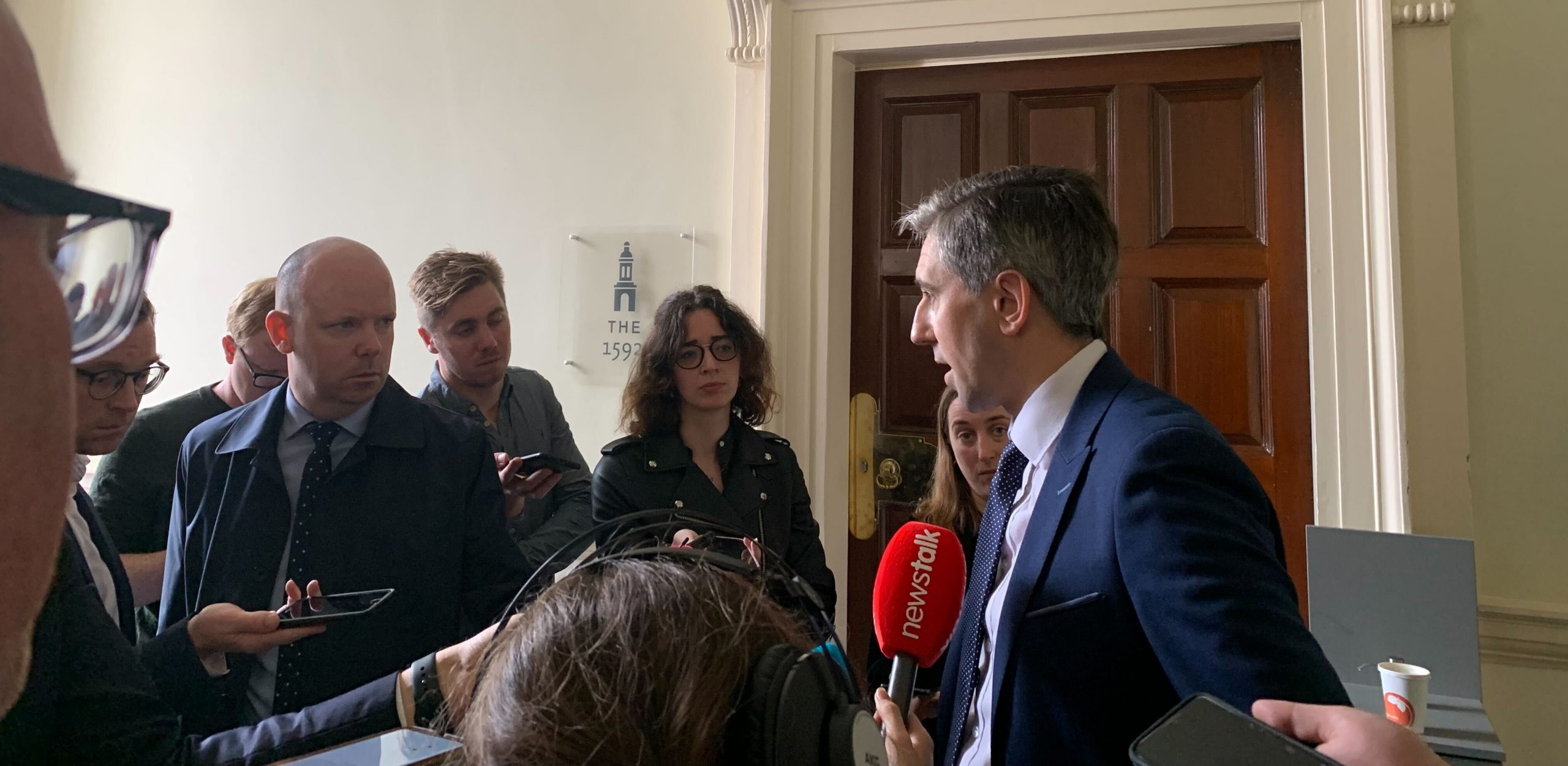On August 17 , Minister for Higher Education, Simon Harris, told a press conference in Trinity that he does not believe the current student accommodation policy is adequate.
This was followed by an announcement that taxpayer money would, for the first time ever, be invested in “helping colleges bridge the gap and build college-owned accommodation.”
Harris mentioned that roughly two thirds of student accommodation is privately owned, while only a third is owned by colleges, suggesting that the state will support colleges in providing an increased share of student accommodation, adding that many have already been granted planning permission.
Government’s Housing for All policy document, released in June 2021, outlines the intention to offset pressure on the rental market by supporting the building of on-campus student accommodation through increasing borrowing capacity of higher education institutions (HEIs).
Harris’ recent comments seem to go a step further, suggesting the state will directly invest in college-owned purpose-built accommodation, of which there is no mention in the Housing for All document.
The comments suggest a rapid change in both tone and policy. Due to the dual crisis of housing and cost of living, pressure has mounted on the government in recent months to take a more interventionist approach, rather than to allow the situation to be resolved by market forces.
In July, the Joint Committee on Education, Further and Higher Education, Research, Innovation and Science published a series of recommendations, which if implemented, could mean one of the most dramatic changes in education policy since the founding of the state.
While maintaining that philanthropic and private funding should be supported, it recommended a move towards a European-style system of third-level education, where “third-level education is viewed as a State Asset and funded primarily by the Exchequer.”
It continued: “Future Funding of Higher Education should be based on the principle that it is a right for all citizens and a key investment in the future. Accessibility to further and higher education is crucial for all age groups, with flexible options to support part-time or online courses for lifelong learners.”
The report also recommended an end to the current 60/40 funding gap between traditional universities and technological universities, in favour of a new model of funding based on the number of students in the institution, claiming that the current model is “neither fair nor sustainable.”
Opposition parties have been calling for an emergency budget to tackle the rapidly increasing cost of living since June. A proposal by Sinn Féin to introduce a €1.3bn package of measure, including one-off cash payments for low and middle income earners, giving one month’s rent back to renters, reduced fuel prices, increases in social welfare and an increase in the minimum wage, was rejected by the Dáil.
With the Irish Fiscal Advisory Council just recently announcing that younger workers will have to pay increased PRSI in order to support the increasing number of retirees, the government is faced with a major dilemma in the upcoming budget 2023. So far, it has been announced that Budget 2023 will cost €6.7 bi, an 6.5% increase on last year’s budget. A 30% tax rate was announced, meaning an effective income tax cut for middle income earners.
Minister Simon Harris has suggested that the upcoming budget will decrease the cost of college, but he has so far been unable to confirm whether or not the student contribution will be reduced from €3,000. Harris has recognised that his announcement that the state will support on-campus accommodation is a long and medium term measure, and has supplemented this measure with tax breaks for “digs”, a measure which has been criticised by, among others, NUIGSU, who called for a tenancy policy and increased regulation.
The growing impatience of students and families is increasing pressure on government to deliver real change with Budget 2023. To counter the opposition parties’ generous alternative budget submissions, the government will have to live up to the rhetoric in the upcoming October budget, or face increasing discontent, in the form of potential strike action and at the ballot box.






